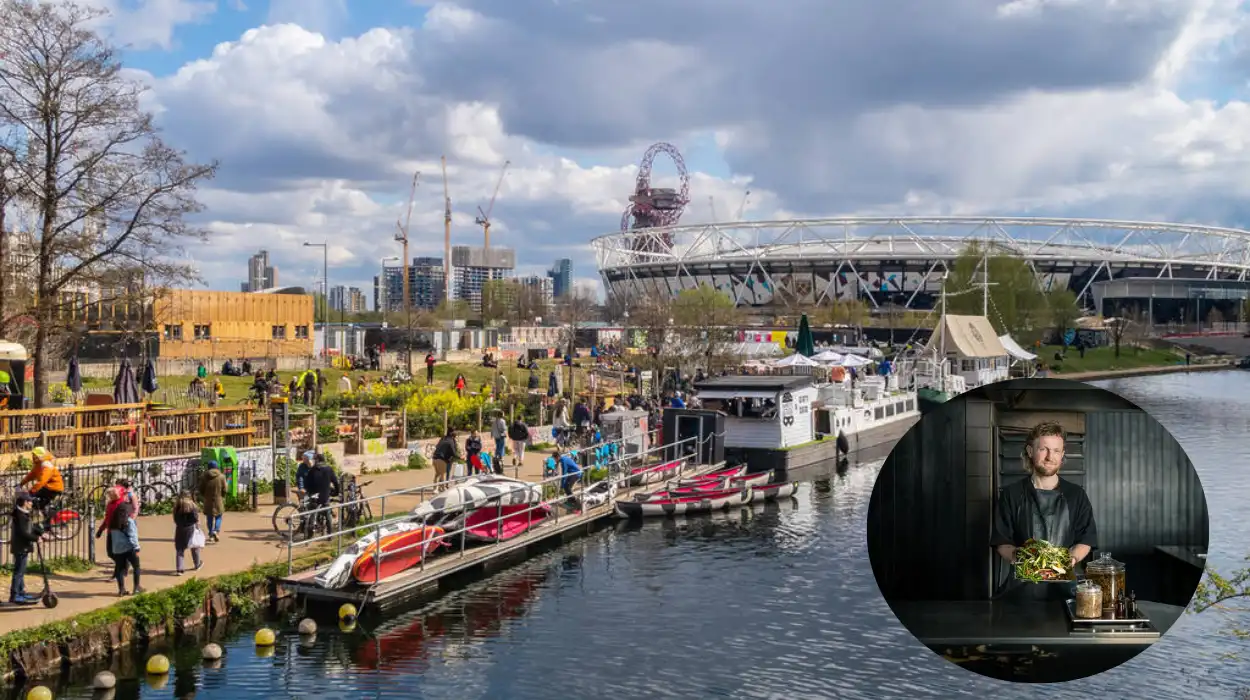Key Points
- Douglas McMaster announced the closure of his pioneering zero-waste restaurant Silo in Hackney Wick, effective December 20, 2025.
- Silo operated for 11 years, originally opening in Brighton in 2014 before relocating to London in 2019.
- The restaurant championed circular thinking, sustainability, and zero waste, with no general waste bin and use of regenerative farming ingredients.
- McMaster described Silo not just as a restaurant but as an idea, artwork, and zero-waste blueprint proving that circular economy principles can survive in capitalism.
- With Silo closing, McMaster plans to take the concept global via a world tour of pop-ups and collaborations.
- McMaster’s company, Silo Systems, is developing sustainable food projects internationally, including a zero-waste restaurant in Mexico City (Baldío) and a project in Bali.
- The closure marks the end of a “miracle” project that challenged norms but wasn’t meant to be permanent.
- Bookings remain open for Silo’s last months of service, closing on December 20, 2025.
What Did Douglas McMaster Announce About Silo’s Closure?
As reported by Broadsheet, Douglas McMaster announced the closure of Silo on Instagram, revealing that the restaurant would cease operations on December 20 after 11 years of pioneering zero-waste dining. McMaster emphasised that Silo was proof that “circular thinking can survive in the heart of capitalism” despite the inherent challenges. He reflected on the journey by stating,
- Key Points
- What Did Douglas McMaster Announce About Silo’s Closure?
- How Did Silo Operate as a Zero-Waste Restaurant?
- Why Is Silo Closing Despite Its Success?
- What Are Douglas McMaster’s Plans After Closing Silo?
- How Has Silo Influenced Sustainable Dining?
- When Will Silo Close and How Can People Experience It Before Closure?
“We’ve tried so hard to do everything right – from material waste to supporting only regenerative farmers to collaborating in ways that empower different communities.”
He concluded that the restaurant’s “exhibition is complete,” marking the end of an important chapter.
How Did Silo Operate as a Zero-Waste Restaurant?
According to Country & Town House, Silo was not merely a restaurant but an idea and a living system centred on zero waste principles. Since its Brighton launch in 2014 and subsequent move to Hackney Wick in 2019, Silo operated without a general waste bin. Each dish featured on the set menu came with detailed explanations of the sustainable processes involved, such as maximising the use of day-old sourdough bread and incorporating unique elements like potato skin ice cream. The restaurant also used recycled materials for furniture and crockery, including glass lamps made from old wine bottles and plates from recycled food packaging. McMaster described Silo as “a zero-waste blueprint” that aimed to rebuild the relationship between food production and nature through action, not just words.
Why Is Silo Closing Despite Its Success?
Hardens, a trusted guide on London’s dining scene, covers the closure in the context of the unusual challenges Silo faced operating within a capitalist environment. McMaster likened the project to “a fish trying to climb a tree” — an analogy illustrating how the restaurant’s zero-waste model struggled in a world not designed for such sustainability. He expressed both sadness and happiness, remarking,
“It’s sad but it’s also a miracle and I feel enormously happy when I think about how this shouldn’t have existed.”
Despite high acclaim, the closure seems to reflect McMaster’s view that the project fulfilled its purpose as a transformative exhibition rather than a permanent fixture.
What Are Douglas McMaster’s Plans After Closing Silo?
Douglas McMaster is not stepping away from his mission. As noted by Harden’s and confirmed by Instagram posts from Silo London, McMaster plans to embark on a “Silo World Tour,” which will include collaborations and pop-ups to bring the zero-waste philosophy to new cities globally. His company, Silo Systems, has already extended projects internationally, including Baldío, a zero-waste restaurant in Mexico City, and a forthcoming initiative in Bali. McMaster articulated that while the physical restaurant will close, “the mycelium keeps spreading,” symbolising ongoing influence and sustainable innovation beyond Silo London.
How Has Silo Influenced Sustainable Dining?
The Independent, in a profile by Emma Henderson, highlighted McMaster as a leading figure in sustainable gastronomy for removing bin waste, building environmentally friendly interiors, and inventing closed-loop production methods. Silo’s ethos has been about more than zero food waste—it addresses total responsibility for any residual waste, including wine bottles and other elements. The restaurant earned a reputation worldwide as the first fully zero-waste restaurant, inspiring other ethical food projects and nurturing a new industry mindset focused on circular economy principles in hospitality.
When Will Silo Close and How Can People Experience It Before Closure?
As confirmed by multiple sources including Time Out London and Broadsheet, Silo will serve its last meal on December 20, 2025. The restaurant continues to accept bookings for the remaining service days. This final window allows patrons and sustainability advocates to experience the innovative zero-waste dining that has defined Silo’s ethos for over a decade.
Douglas McMaster’s decision to close Silo marks the end of a remarkable chapter in sustainable dining, yet it also opens doors for the expansion of his zero-waste vision worldwide. Silo’s legacy lies not only in its food but in its pioneering circular philosophy, which McMaster seeks to carry forward through new ventures and collaborations.
The restaurant’s journey from Brighton to Hackney Wick, and now towards a global roadshow, exemplifies the challenges and possibilities of marrying sustainability with business in today’s world—showing that while such projects may struggle to survive as local businesses, they can inspire lasting global change. Bookings remain open to experience Silo’s last service until December 20, 2025.



